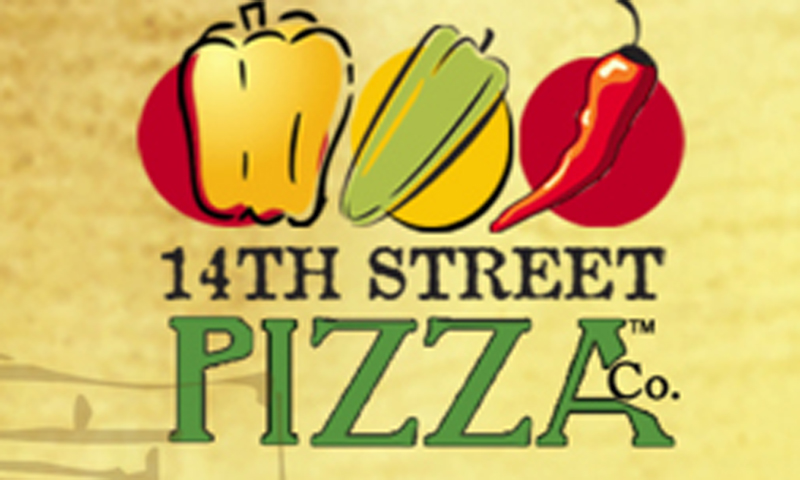Home service for the food industry has become a major channel for enhancing sales and increasingly new entrants in Pakistan are opting for this business format.
Globally, the exponential growth of the food industry has been significantly driven by the takeaway and home delivery segments. Their combined sales account for approximately 6 per cent to 12 per cent of total sales for franchise restaurants (Takeout and Delivery Study, 2010). Apart from its value addition to the basic food concept, numerous new entrants are exclusively basing their business model on these two channels.
The intuitive appeal of this model is quite evident; through elimination of the dine-in component major investment and operational costs are mitigated. More critically, there is a direct impact upon profit margins. Segmenting a typical food concept, the three major areas of customer interaction – dine-in, takeaway and delivery – should be considered as separate businesses driven through their own income statements.
From a profitability perspective the most lucrative proposition is takeaway, since there are no overheads attached to this transaction. Home delivery comes second in order of profitability, since there are some direct costs which are attached, i.e. mode of transportation. Even these are significantly reduced through hiring of part-time employees with their own transportation. Finally, the most costly transaction in context of food business is the dine-in element. From this it is inherently clear that a food business based solely on home delivery and takeaway is a much more profitable proposition to create and operate. Saqib Zaidi, chief operating officer at Fat Burger Pakistan, believes the trends towards delivery and takeaway business is poised to grow rapidly due to changing lifestyles, increased participation of women in the workforce and convenience; a process which will be greatly facilitated by technology.
Some entrepreneurs have extended this rationale to creation of home delivery business – acting as middleman they offer product from other concepts. Through creation of a call centre set-up or web-based portals, they offer customers various products through a single point of interaction. While this may appear to be rather attractive business proposition there are some concerns to be addressed.
Transplanting an idea, which has proven to be a success in an international market, without consideration of local dynamics can be fraught with many difficulties. Globally a majority of food concepts are based upon the franchise model with individual franchise owners and operators.
In Pakistan the majority of this franchise development is corporate in nature. This implies that they have the requisite resources to create their own focused delivery businesses and require no external reliance on third parties.
The control of their service quality and long-term absorption of margins in comparison to sharing through an outside vendor far outweigh the cost benefits associated with this type of arrangement.
Similarly, in the context of food concepts solely confined to takeaway and delivery business, a few salient points need to be considered. What is the underlying product offering? Is it differentiated enough from what the rest of competitors are offering? What is the price differential in comparison to similar offering?
The combination of these two factors drives the entire business proposition. Moavar Ahmed, chief executive officer Johnny Rockets, feels that some of the key success factors underlying the home service business include; consistent product quality, right human resources, speed of service, customer service and feedback.
To ensure product quality, there can be no compromise in terms of kitchen equipment. Similarly, a call centre and dedicated labour force requires capital expenditure to provide quality customer service.
With the absence of an actual customer experience, greater focus on marketing is required. Long-term development also needs to be kept in mind in terms of replication of the concept and possible franchise options. Scale is another consideration in terms of sales potential and return of investment – longer maturity cycle due to reliance on low-cost and word-of-mouth marketing.
Despite its shortfalls the home service model seems to be poised for rapid growth based on socio-economic changes and low investment needs in penetrating the highly competitive food industry.














































